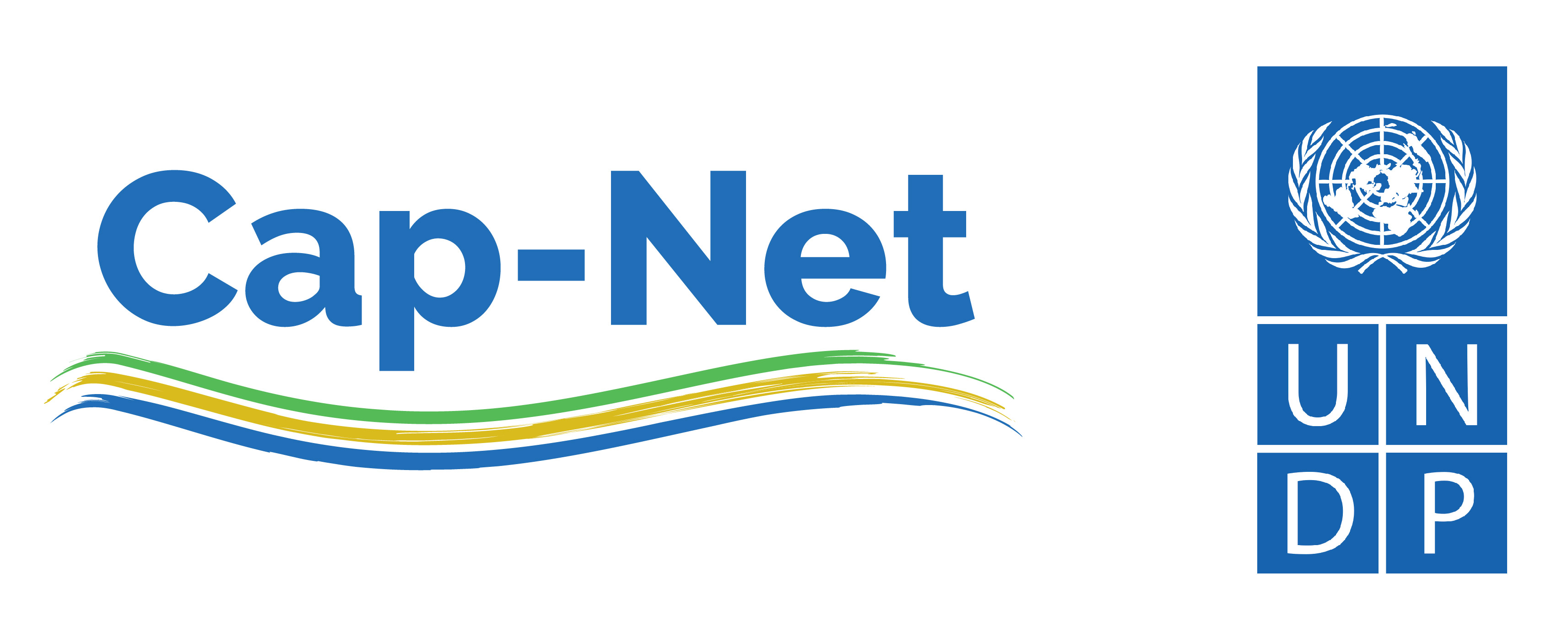Multi-stakeholder processes (MSPs) foster dialogue and public participation in decision making, emphasising a governance practice where different actors come together and leverage their skills, resources, and assets to find common solutions to the issues at hand. MSPs have the ability to “mobilize and share knowledge, expertise, technology and financial resources, to support the achievement of the sustainable development goals in all countries” (SDG target 17.16). Effective MSPs can improve trust, generate consensus, enhance information sharing and communication between relevant actors, thereby stimulating the necessary momentum towards positive water governance change. As such, they are not only part of SDG 17, Partnerships for the Goals, but are a cross-cutting approach that is key to achieving the commitments of the whole 2030 Agenda for Sustainable Development.
Moreover, multi-stakeholder participation is embedded within the basic definitions of Integrated Water Resources Management (IWRM). To “promote the coordinated development and management of water, land and related resources in order to maximise economic and social welfare in an equitable manner without compromising the sustainability of vital ecosystems and the environment” (GWP), it is imperative that the stakeholders whose decisions affect those resources be brought together in an open and constructive dialogue aiming to make sound, balanced decisions in response to specific water-related challenges.
The SDG 6 IWRM Support Programme and Multi-stakeholder processes
The SDG 6 IWRM Support Programme assists countries in accelerating change to achieve their water-related goals. The Support Programme is structured according to the following three stages:
- Stage 1 – Identifying challenges through SDG 6.5.1 monitoring results.
- Stage 2 – Formulating responses in the form of action plans, project documents or similar.
- Stage 3 – Implementing solutions that improve IWRM as a contribution to other water related SDGs.
To do so, we focus on participatory decision-making and foster multi-stakeholder engagement in all stages of the process. Learn more about our work supporting countries in organizing multi-stakeholder consultations on the survey instrument for SDG 6.5.1 reporting (Stage 1) in 2020 here. Learn more about our work supporting countries in drafting IWRM Action Plans with multi-stakeholder participation (Stage 2) here.
Explore the countries we have supported on our Results Map.
Multi-Stakeholder Consultation Processes for SDG 6 Monitoring
In 2020, the SDG 6 IWRM Support Programme supported 61 countries in organizing multi-stakeholder consultations on the survey instrument during the 2020 SDG indicator 6.5.1 data drive conducted by the UN Environment Programme (UNEP). In 2021, the Support Programme concluded a review and analysis of the multi-stakeholder processes (MSPs) in the 61 countries it supported the previous year.
The analysis evaluated the effectiveness of MSPs through input legitimacy criteria and found that one important factor that affects these criteria is the format and methods used to generate and gather multi-stakeholder input as part of the SDG monitoring processes. As consultation modalities included in-person, online and hybrid forms, the analysis focused on strengths, weaknesses, and opportunities of these modalities. The analysis found that switching from an in-person format to an online format is likely to have a positive effect on stakeholder inclusion, but may negatively affect other aspects such as the depth of discussions, thereby reducing the consensual orientation quality of the consultation process. Furthermore, despite the potential advantages of the blended format, it should be carefully considered how this mix of in-person and online formats will impact the overall legitimacy of the multi-stakeholder input.
The findings are published in a report on “Multi-Stakeholder Consultation Processes for SDG 6 Monitoring” available here for download. A Policy Brief based on the findings of the report provides guidance to practitioners on how to enhance effectiveness of their MSPs in their monitoring and reporting consultation processes.


